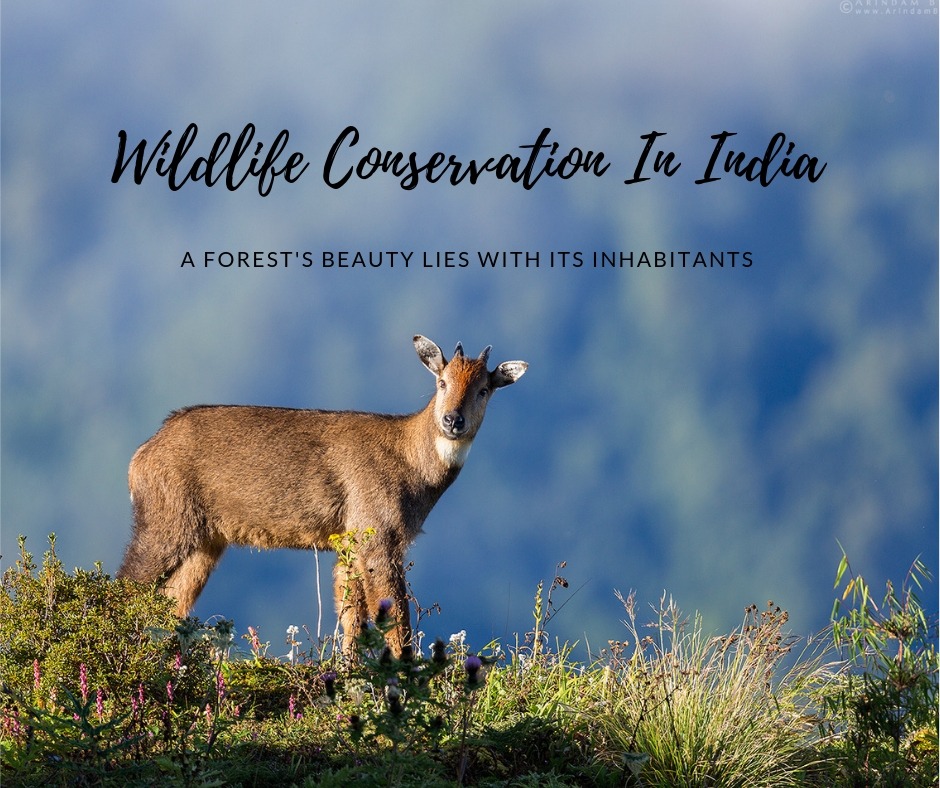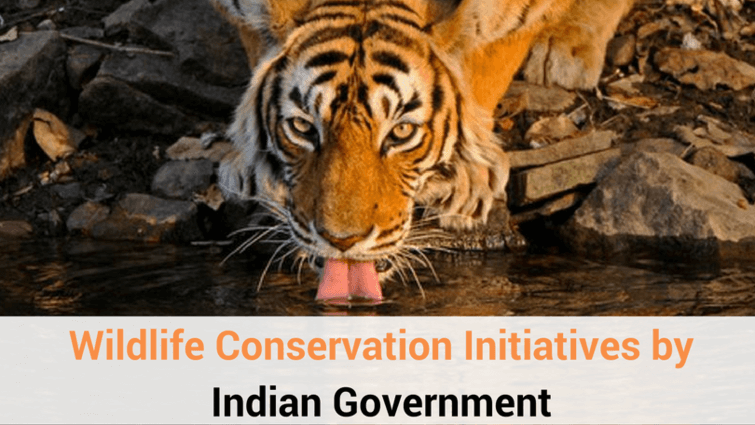Wildlife Conservation Projects And Programs In India
Application Procedure for GS 2020 is OPENNationwide Entrance Examination: Sunday, December 8, 2019Last Date for Application: Saturday, November 23, 2019Link for Application Procedure:The Masters program is offered once every two years (in even years). Admission to the program is advertised in August-September of the year before the start of the course. Students are selected based on a written test, a detailed application, referee letters and an interview of short-listed candidates. The written test may assess general knowledge, aptitude, English language skills, analytical and quantitative abilities and knowledge of basic biology, ecology and conservation issues. This test is conducted in over 30 centres across India, including most state capitals, in early December.EligibilityIndian applicants with a Bachelor’s degree in any discipline (including those in the final year of graduation) with a minimum of 50% marks in the core subjects are eligible to apply. Central, South and Southeast Asian nationals with similar qualifications are also eligible to apply.The next round of admission to the program has been announced on NCBS / TIFR websites and in leading national dailies, along with admission to other courses in Tata Institute of Fundamental Research. The entrance exam will be held in December 2019, followed by interviews with shortlisted candidates in May 2020.
A new Global Environment Facility (GEF) supported effort to protect the iconic snow leopard and its natural mountain environment was launched today at the start of the (GWP) annual conference in New Delhi, India.The project, was launched by Dr. Harsh Vardhan, Honorable Minister of Environment, Forest, and Climate Change of the Government of India and the United Nations Development Programme (UNDP). It is part of the GWP, a seven-year program funded by the GEF and led by the World Bank, that was developed as a response to the growing crisis of illegal trafficking in wildlife.SECURE Himalaya received a GEF grant of $11.5 million, and will receive over $60 million in co-financing from the Indian government. It is being implemented by the Government of India in partnership with UNDP to sustain critical ecosystem services and to conserve vulnerable snow leopards by securing community livelihoods, enhancing enforcement, strengthening community institutions, and improving knowledge, advocacy and information systems for promoting landscape-based conservation approaches. This project will contribute to the Global Snow Leopard and Ecosystem Protection Program (GLSEP), an effort to conserve the species in the 12 range countries, including India.
Wildlife Conservation Projects And Programs In Indianapolis

A renewed commitment to the conservation of the species and the GSLEP was made at the 'International Snow Leopard and its Ecosystem Forum' held in Bishkek, Kyrgyzstan, August 2017.Co-hosted by the GWP, the World Bank, UNDP and the Government of India, the annual conference this year is called, and is convening 100 participants from over 20 countries in New Delhi and the Pench Tiger Reserve, India, from October 2-5, 2017. It is an occasion for GWP country focal points to discuss specific issues regarding the projects in their countries as well as to facilitate knowledge exchange.“This conference is of the outmost importance to the wildlife conservation community not only in India but around the world. Without local communities participating and benefiting from wildlife conservation, it is going to be very hard to win the current war against poaching and the international illegal trade of wildlife and wildlife parts. This conference promises to deliver solutions to this crises that affects us all,' said Jaime Cavelier, Sr. Biodiversity Specialist at the GEF.“UNDP is proud to support the Government of India in the ‘SECURE Himalaya’ partnership, which is a recognition that people’s participation is critical to protecting the biodiversity wealth of the Himalaya’s and in securing the lives and livelihoods of local communities,” said Marina Walter, Country Director a.i. UNDP India.“ Through the SECURE Himalaya project in India, our partners will build alliances between the private sector, local communities and local government authorities. We hope this conference will give our stakeholders in India and our partners across the GWP’s 19 countries the ability to engage people in wildlife conservation across all walks of life,” said Claudia Sobrevila, the GWP’s Program Manager.India’s rich wildlife is critical to the prosperity of its growing population.

Nc Wildlife Conservation Program

One of the GWP’s main objectives is to promote the co-existence between people and wildlife. Engaging people across all sectors is therefore critical for the survival of many endangered species.